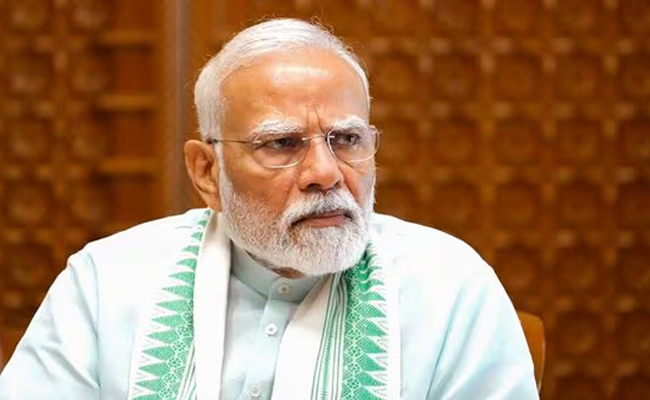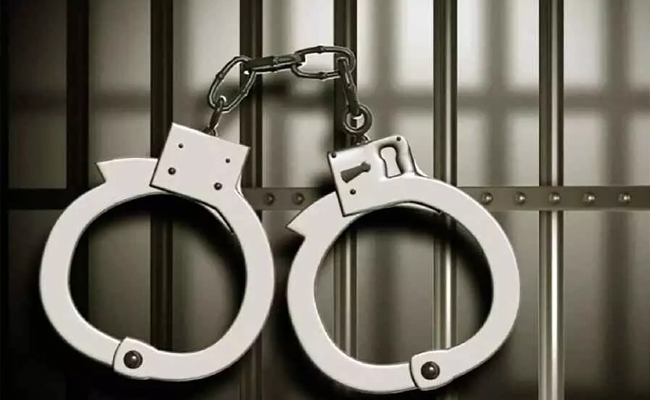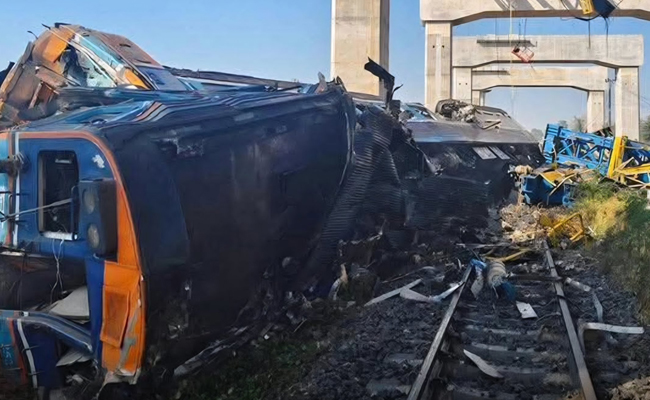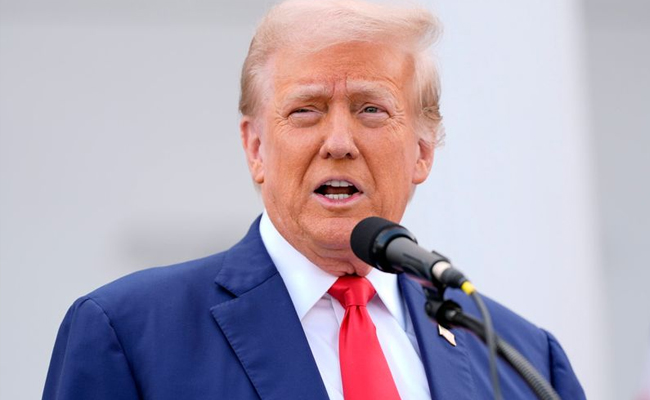Mumbai, Jul 8: The 'wagh nakh' or tiger claw shaped weapon of Chhatrapati Shivaji Maharaj that the Maharashtra government intends to bring from a museum in London is not "original", historian Indrajit Sawant said on Monday and asserted the one used by the legendary emperor remains in the state's Satara itself.
The state government had last year signed a memorandum of understanding with the London-based museum to get the 'wagh nakh' that was used by the founder of the Maratha Empire to kill Bijapur Sultanate's general Afzal Khan in 1659.
The 'wagh nakh' is an enduring and revered symbol of the warrior king's tenacity and valour as it was used to subdue and kill a physically larger opponent.
"The wagh nakh is being brought to Maharashtra on a loan agreement of Rs 30 crore for three years. In its reply to my letter, the Victoria and Albert Museum in London has said there is no evidence the wagh nakh (in its possession) belongs to Chhatrapati Shivaji Maharaj," Sawant told reporters in Kolhapur.
"The team from Maharashtra under minister Sudhir Mungantiwar that visited London to sign the loan agreement has been told to display this information. The real wagh nakh is in Satara itself," Sawant claimed.
Another researcher, Pandurang Balkawade, told a Marathi TV channel that Pratapsinh Chhatrapati gave the 'wagh nakh' from his personal collection to Britisher Garnt Duff between 1818 and 1823, adding that Duff's descendants handed it over to the museum.
However, Sawant said Pratapsinh Chhatrapati showed the 'wagh nakh' to several persons after Duff left India.
Speaking on the issue, minister Shambhuraj Desai said it is well known that the 'Bhavani talwar' and the 'wagh nakh' are in London.
"Our government verified the details and then signed the MoU. If historians have any other view, our government will clarify the issue," Desai said.
Senior Maharashtra BJP leader Ashish Shelar said the government's stand is clear that all artefacts of Chhatrapati Shivaji Maharaj, which are inspirations for the people, will be preserved, promoted and put on display.
Let the Truth be known. If you read VB and like VB, please be a VB Supporter and Help us deliver the Truth to one and all.
New Delhi (PTI): Prime Minister Narendra Modi on Wednesday said Pongal has become a global festival and Tamil culture is a shared heritage of the entire nation.
Modi also said that Pongal teaches people that gratitude towards nature should not be limited to words, but should become part of daily lives.
"Today, Pongal has become a global festival. Last year, I had the chance to attend several programmes related to Tamil culture, which is shared heritage of not just India but the entire world," he said at a Pongal celebration at the residence of Union Minister L Murugan here.
The prime minister said that in Tamil culture, the farmer is regarded as the foundation of life.
"The Thirukkural speaks in detail about agriculture and the importance of farmers," he said.
Modi said Pongal inspires people to make respect for nature a way of life.





